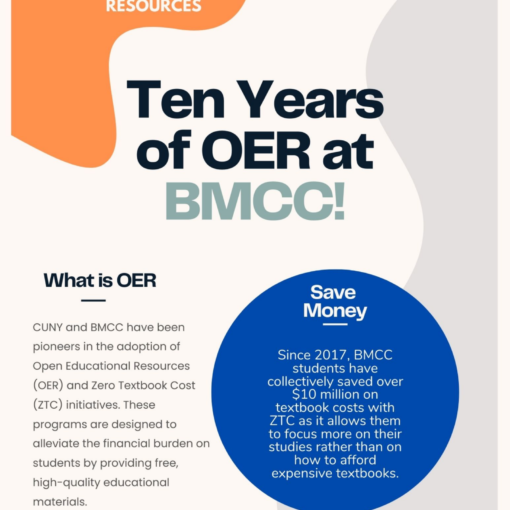OER/ZTC & Open Pedagogy
OER and ZTC initiatives do more than just save students money—they’re fundamental components of open education and open pedagogy. These are principles of accessible, equitable, and adaptable learning.
Learners Perform Better with OER/ZTC
Removing financial barriers allows students to access all required materials on the first day of class, leading to more preparedness and engagement.
Accessibility of Resources
By adopting OER/ZTC, educators ensure that all students have equal access to the resources they need to succeed.
Customization and Adaptability
OER/ZTC materials, often licensed under Creative Commons (CC), allow for adaptability. Faculty can modify these resources to better suit their teaching methods and course objectives.
Universal Design for Learning (UDL)
OER/ZTC materials can also be adapted to meet diverse learners’ needs. This benefits all students, regardless of their background or learning style.
Empowering Students
- Student feedback on OER allows students to contribute to the creation and improvement of educational resources. This enhances their learning experience and empowers them to take an active role in their education.
- Projects in which students develop their own OER materials can enhance their research, writing, and critical thinking skills, while also providing valuable resources for future learners.
